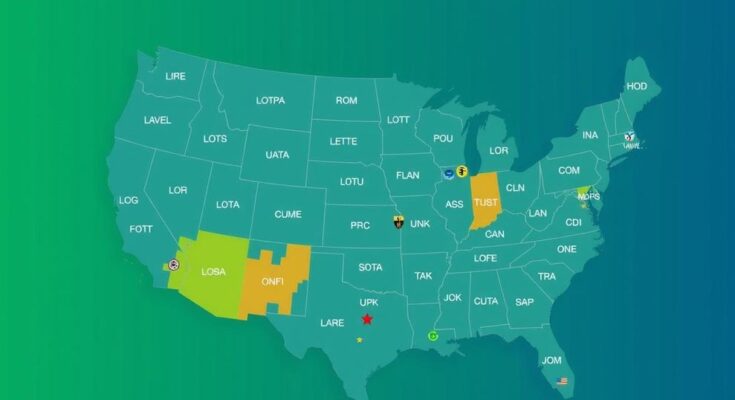U.S. officials at COP29, led by John Podesta, continue to advocate for strong climate action and increased financing for developing countries, despite the political transition ahead. Concerns about Donald Trump’s climate policies loom, but negotiators maintain hope for productive dialogue and outcomes. The overarching goal is to enhance international collaboration in achieving climate objectives, highlighting resilience among participating countries.
Despite being rendered a “lame-duck” administration with the impending approach of Donald Trump’s presidency, the United States climate delegation remains active and committed at the COP29 conference in Baku. Led by John Podesta, the U.S. climate envoy, officials engage in critical discussions primarily focused on increasing financing for developing nations to address climate challenges. As negotiations progress, concerns persist regarding the direction climate policy may take under a Trump administration, especially in light of his previous climate-skeptic stance. Podesta’s presence at COP29 is intended to reassure international partners that U.S. commitment to combatting climate change is enduring. Key discussions revolve around the U.S. government’s approach to managing methane emissions from oil and gas industries. Ali Zaidi, another significant figure in the U.S. delegation, emphasized the importance of sustained international climate finance and collaboration, highlighting the capacity of multilateral development banks to support climate initiatives even during politically tumultuous times. Negotiators at the conference are aiming to significantly ramp up climate finance, with some countries advocating for a tenfold increase in aid. Observers anticipate that U.S. negotiators may adopt a more moderate stance, likely to garner broader support. Reactions from other nations suggest that solidarity remains strong—Germany’s climate negotiator noted a collective determination to pursue ambitious climate financing goals regardless of U.S. electoral outcomes.
This article discusses the role of the United States in international climate negotiations occurring at COP29 amid the transition from President Joe Biden to President Donald Trump. It highlights the efforts by U.S. officials to maintain leadership and engagement in climate commitments despite the anticipated reversal in climate policy under a new administration. The focus is on negotiations surrounding climate financing for developing nations, as well as ongoing dialogues about specific greenhouse gas emissions.
The U.S. climate team at COP29 aims to demonstrate continuity and leadership in climate action despite the upcoming political changes. The negotiation dynamics reflect a need for increased climate financing and action against methane emissions. Although concerns about future U.S. policy persist, other participating nations express their determination to advance climate initiatives collectively, striving for significant outcomes in the face of uncertainty.
Original Source: www.barrons.com




